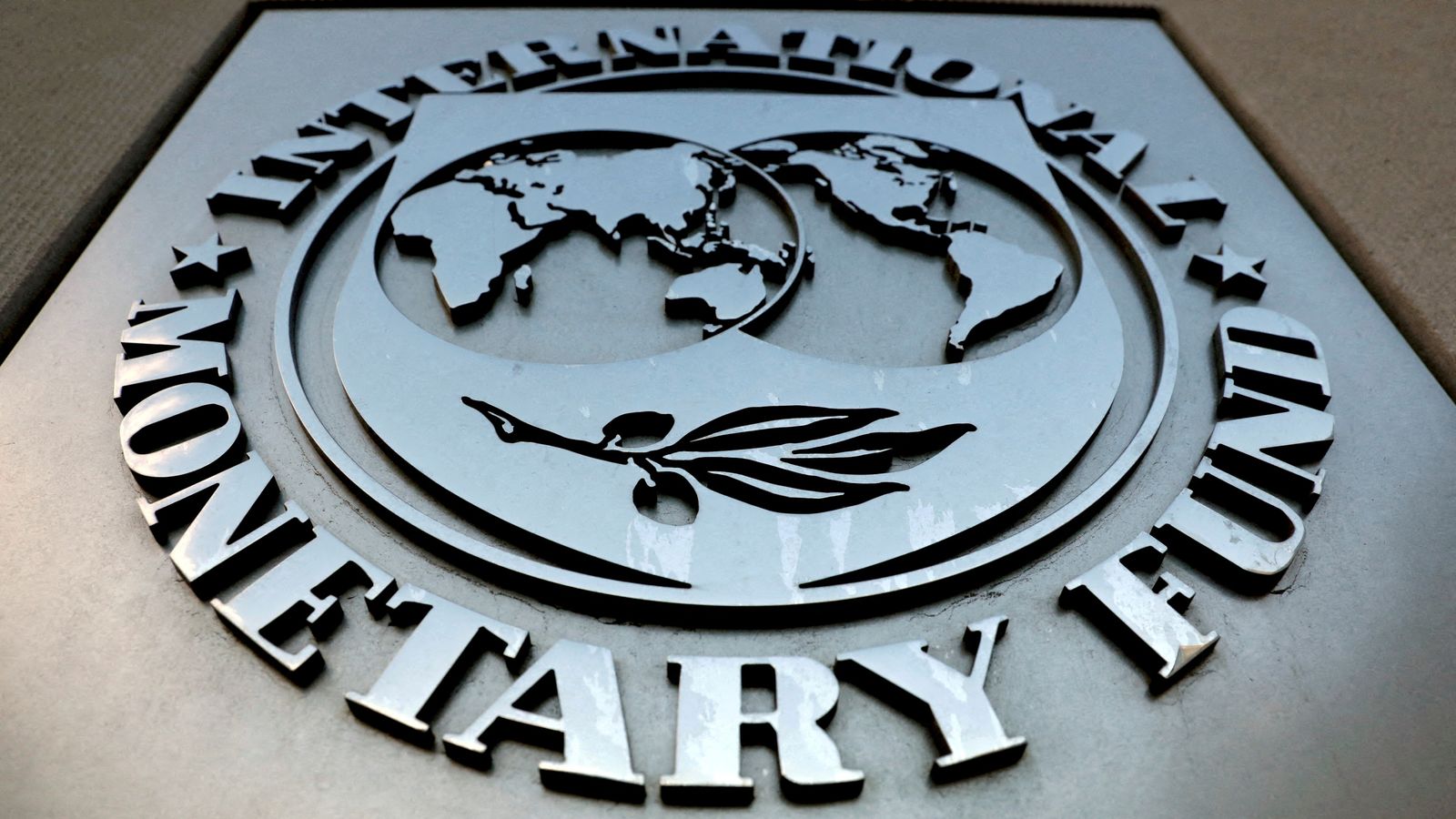Digitally Generated Images
Wong Yu Liang | Moment | Getty Images
The Biden administration is rolling out new export controls on critical technologies, including quantum computing and semiconductor goods, as China makes advances in the global chips industry.
Released by the U.S. Department of Commerce on Friday, the rules cover quantum computers and components; advanced chipmaking tools; some components and software related to metals and metal alloy; as well as high-bandwidth chips, a critical component for AI applications.
The department cited “national security and foreign policy reasons” for the move, and said it was the product of extensive discussions with international partners.
These restrictions cover worldwide exports, but adds exemptions for countries that add similar controls, such as Japan and the Netherlands have done in the past. The department’s Bureau of Industry and Security (BIS) expects more countries will move to impose similar measures.
“Today’s action ensures our national export controls keep step with rapidly evolving technologies and are more effective when we work in concert with international partners,” Alan Estevez, under secretary of the bureau, said in a statement.
“Aligning our controls on quantum and other advanced technologies makes it significantly more difficult for our adversaries to develop and deploy these technologies in ways that threaten our collective security,” he added.
Officials will hold a 60-day public comment period before issuing a final ruling.
Along with semiconductors, both China and the U.S. seek to be leaders in quantum computing, which they see as a potentially transformative technology.
Though China is not explicitly named in the documents, the controls are in line with a series of moves the Biden administration has taken to limit Beijing’s developments in areas such as AI and computing.
BIS also said it is also continuing to strengthen relationships with its allies to boost the effectiveness of export controls aimed at degrading Russia’s military capabilities, as well as its “enablers” such as Belarus and Iran.
U.S. export control efforts hit road bumps
Amid increased restrictions and tech sanctions from the Washington, Beijing has ramped up its sufficiency push, setting up billions in investments in critical technologies to strengthen its chip-making industry.
A recent analysis of China’s semiconductor technology, by Tokyo-based semiconductor research company TechanaLye, found that Chinese-made processor chips are approaching a level just three years behind the industry leader, Taiwan Semiconductor Manufacturing Co Ltd, according to Nikkei Asia.
As the U.S. continues to step up controls, the global industry has shown a degree of reluctance.
China is the largest semiconductor market in the world, and its firms remain key clients of many of the world’s leading semiconductor companies, including those in the U.S.
On Wednesday, the chief executive of Dutch chip equipment giant ASML, which is restricted from providing its industry-leading advanced semiconductor equipment to China, reportedly said that the U.S.-led restrictions have become more “economically motivated” over time, adding he expects more push-back.
The Dutch government has said it will take ASML’s economic interests into account when deciding whether to tighten semiconductor export rules further.
Meanwhile, South Korean Trade Minister Cheong Inkyo reportedly said this week that the U.S. should offer more incentives if it wants Seoul to comply with additional export curbs on China’s semiconductors.
Beijing has long maintained that the U.S. and its allies’ chip restrictions are anti-competitive and hurt the global semiconductor supply chain.












